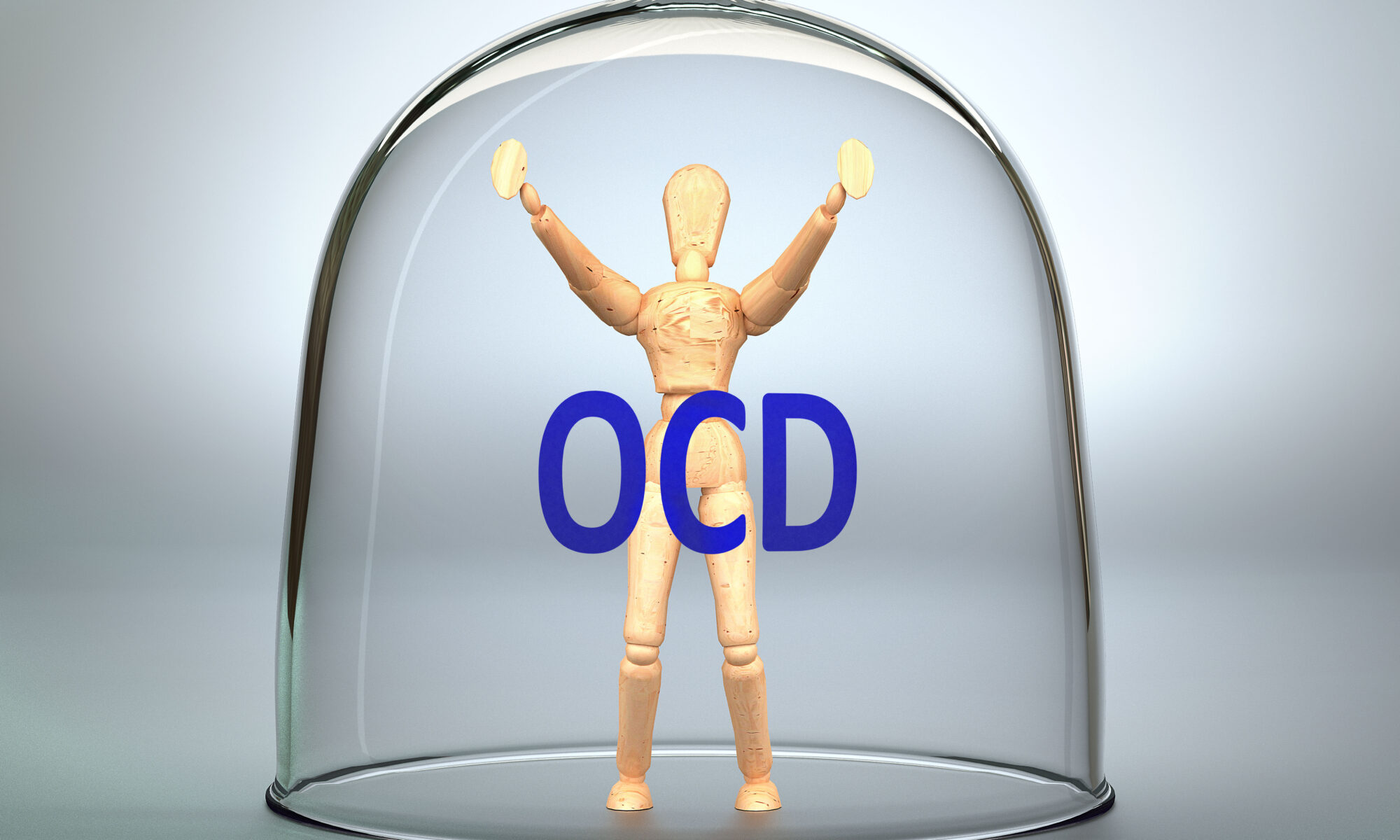What is Obsessive Compulsive Disorder? (OCD)
Obsessive-Compulsive Disorder (OCD) is a mental health condition that falls under the umbrella of anxiety. OCD is characterised by the presence of persistent, intrusive and distressing thoughts, images or urge, called obsessions. There is also tends to be an engagement in repetitive behaviours or mental acts known as compulsions. These obsessions and compulsions can significantly interfere with daily functioning and can be very distressing.
The causes of OCD
The exact cause of Obsessive-Compulsive Disorder (OCD) is not fully understood. However, research suggests that a combination of genetic, neurological, environmental, and psychological factors contribute to the development of OCD. Here are some key factors that are believed to play a role:
Genetic Factors: There is evidence to suggest that genetics can predispose individuals to develop OCD. Studies have shown that individuals with a first-degree relative (such as a parent or sibling) who has OCD are at a higher risk of developing the disorder themselves. However, it’s important to note that having a genetic predisposition does not guarantee that someone will develop OCD.
Neurological Factors: Neurotransmitters, such as serotonin, dopamine and glutamate, are believed to play a role in the development of OCD. It is thought that imbalances or abnormalities in these neurotransmitters can affect communication between different brain regions, leading to the characteristic symptoms of OCD.
Environmental Factors: Certain environmental factors can contribute to the development or worsening of OCD symptoms. Traumatic events, such as physical or sexual abuse, can trigger the onset of OCD in some individuals. Stressful life events, major life changes, or significant transitions can also exacerbate existing symptoms.
Cognitive Factors: Certain patterns of thinking and cognitive processes may contribute to the development and maintenance of OCD. For example, individuals with OCD may have a heightened sense of responsibility, a tendency to overestimate the likelihood of negative events, and a belief that they should have control over their thoughts and surroundings. These cognitive factors can interact with obsessions and compulsions, reinforcing the cycle of OCD symptoms,
Important
It’s important to note that while these factors may contribute to the development of OCD, having one or more of these factors does not necessarily mean that an individual will develop the disorder. OCD is a complex condition and further research is needed to fully understand its causes.
How CBT Therapy can help
CBT Therapy is one of the most effective treatments for OCD. It is a type of psychotherapy that aims to help individuals identify and modify dysfunctional thoughts, beliefs, and behaviours that contribute to their distressing symptoms. CBT for OCD typically involves two main components:
CBT therapy focuses on identifying and challenging the irrational or exaggerated thoughts and beliefs associated with OCD. Our therapists will help you develop a more realistic and balanced perspective regarding your obsessions and the resulting anxiety. By challenging and replacing these distorted thoughts, individuals can reduce their distress and the urge to engage in compulsive behaviours.
CBT for OCD is conducted in a structured and gradual manner. Our CBT therapist will work with you to create a hierarchy of anxiety-provoking situations, starting with those that cause minimal distress and gradually progressing to more challenging ones. Through repeated exposures and the prevention of engaging in compulsions, individuals can learn that their anxiety naturally decreases over time and that you do not need to rely on compulsions for relief.
If you would like some professional OCD Therapy to help manage your OCD. Contact us via CBT and Counselling today for an appointment. Book Online Now


